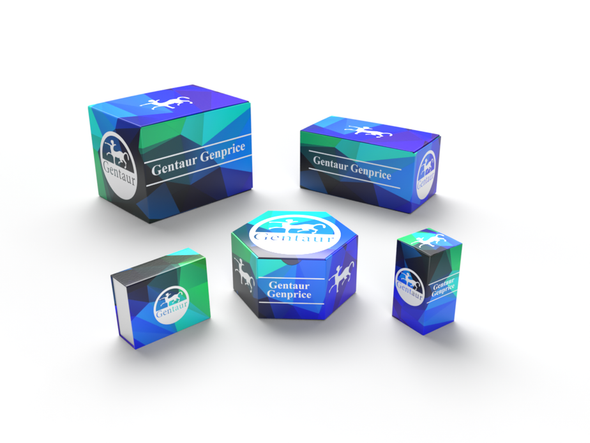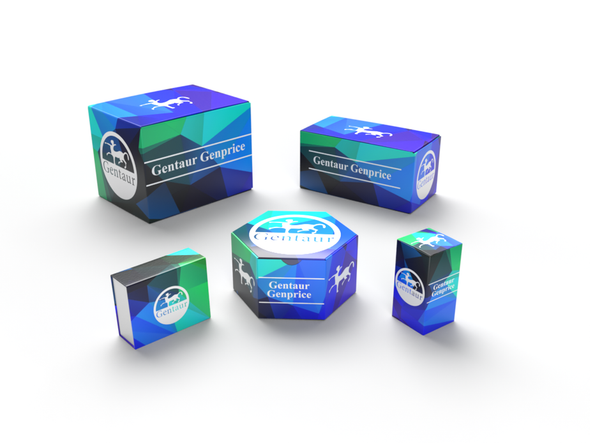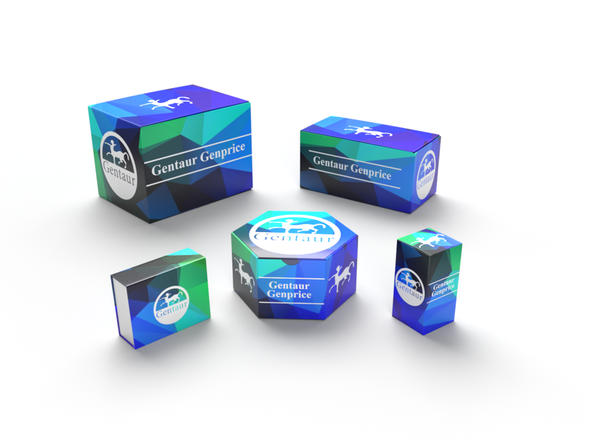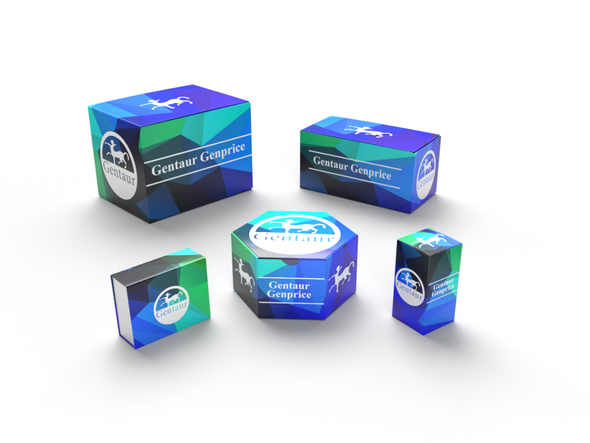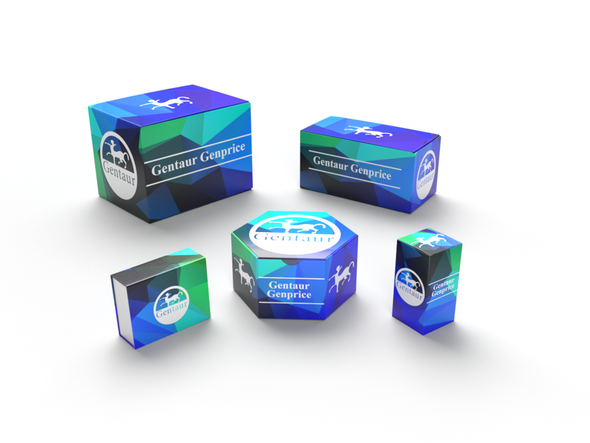740
Bovine Protein quaking (QKI) ELISA Kit | AE24879BO
- SKU:
- 740-AE24879BO
- Availability:
- Usually ships in 5 working days
Description
Bovine Protein quaking (QKI) ELISA Kit | AE24879BO | Gentaur UK, US & Europe Distribution
Species Reactivity: Bovine (Bos taurus; Cattle)
Abbreviation: QKI
Alternative Name: DKFZp586I0923; Hqk; QK; QK1; QK3; RNA binding protein HQK|homolog of mouse quaking QKI (KH domain RNA binding protein) |quaking homolog; KH domain RNA binding
Application: ELISA
Range: Request Information
Sensitivity: Request Information
Intra-Assay: ≤4.8%
Inter-Assay: ≤7.7%
Recovery: 0, 96
Sample Type: Serum, Plasma, Other biological fluids
Detection Method: Sandwich
Analysis Method : Quantitive
Test Principale: This assay employs a two-site sandwich ELISA to quantitate QKI in samples. An antibody specific for QKI has been pre-coated onto a microplate. Standards and samples are pipetted into the wells and anyQKI present is bound by the immobilized antibody. After removing any unbound substances, a biotin-conjugated antibody specific for QKI is added to the wells. After washing, Streptavidin conjugated Horseradish Peroxidase (HRP) is added to the wells. Following a wash to remove any unbound avidin-enzyme reagent, a substrate solution is added to the wells and color develops in proportion to the amount of QKI bound in the initial step. The color development is stopped and the intensity of the color is measured.
Product Overview: QKI belongs to a family of RNA-binding proteins called STAR proteins for Signal Transduction and Activation of RNA. They have an HNRNPK homology (KH) domain embedded in a 200-amino acid region called the GSG domain. Other members of this family include SAM68 (KHDRBS1) and SF1. The QKI gene is implicated as being important in schizophrenia, and QKI controls translation of many oligodendrocyte-related genes.The balance between the nuclear and cytoplasmic isoforms of Qk1 controlled the nuclear export of Mbp mRNAs and the cellular localization of the 17- and 21.5-kD Mbp isoforms. Overexpression of Qki-5 in cultured rodent oligodendrocytes recreated the Mbp defects observed in qk (v) mice, with retention of Mbp in the nucleus.
Stability: The stability of ELISA kit is determined by the loss rate of activity. The loss rate of this kit is less than 5% within the expiration date under appropriate storage condition. The loss rate was determined by accelerated thermal degradation test. Keep the kit at 37°C for 4 and 7 days, and compare O.D.values of the kit kept at 37°C with that of at recommended temperature. (referring from China Biological Products Standard, which was calculated by the Arrhenius equation. For ELISA kit, 4 days storage at 37°C can be considered as 6 months at 2 - 8°C, which means 7 days at 37°C equaling 12 months at 2 - 8°C) .


